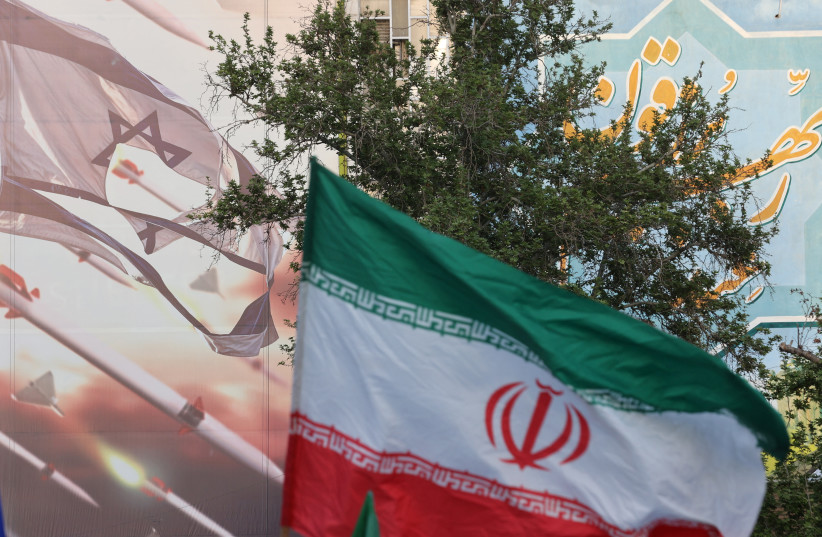This is the moment for the US to finally prevent a nuclear Iran, Defense Minister Yoav Gallant told US Secretary of Defense Lloyd Austin during a Tuesday visit to the Pentagon.
"This is the time to fulfill the promises of all US governments in recent years - to prevent a nuclear Iran which would constitute a danger to the entire world," said Gallant.
The defense minister said that regarding preventing a nuclear Iran, "time is running out."
Austin told Gallant, “We stand together to ensure that Iran, which is the source of so much of the region's violence and instability, can never achieve a nuclear weapon."
Gallant spoke after a series of recent greater focus and scrutiny on the Islamic Republic's nuclear program from the US and the E3 (England, France, and Germany) as well as the IAEA nuclear inspectors.
With Tehran having increased its nuclear violations on a steady basis since mid-2019, and also gradually reduced the IAEA's ability to continue surveillance of its nuclear program since 2021, the IAEA Board of Governors finally condemned Iran for its nuclear violations on June 5.

Since then, the US and the E3 have continued to pressure the Islamic Republic, including with another statement on Tuesday, to restore its compliance with IAEA surveillance as well as to return to the limits placed on it by the 2015 nuclear deal.
In addition, the E3 seemed more ready to potentially refer the issue in the coming months to the UN Security Council, which could potentially snap back the global sanctions on Tehran that were part of the deal - with the snapback being veto-proof.
To date, Israel had remained comparatively silent over the past month on the issue until Gallant's dramatic statement on Tuesday.
Time is running out
As of October 2025/January 2026, significant aspects of limits on Iran's centrifuges from the nuclear deal as well as the snapback sanctions threat will expire, leaving a limited amount of time to bring Iran back into the deal's nuclear limits.
Currently, estimates are that Iran has enough enriched nuclear material to the 60% and 20% levels that if it spent some weeks or months, it could weaponize half a dozen or more weapons-worth of uranium.
There is a debate as to whether it would need six more months or two years to master remaining nuclear weapons issues.
